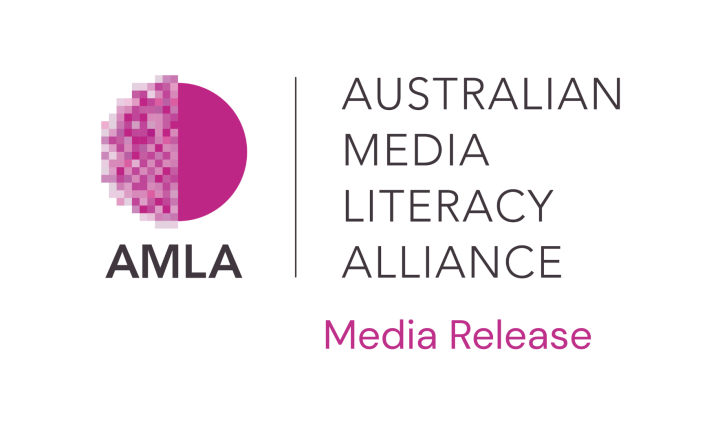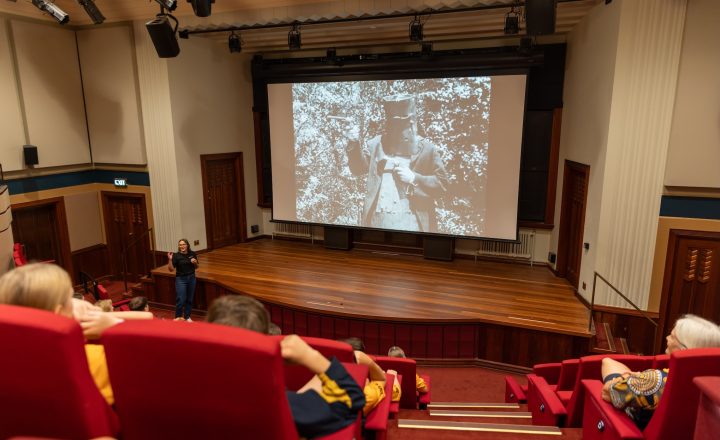Towards a National Media Literacy Strategy
In 2021 we consulted with more than 80 organisations to inform and guide the development of a national strategy for Media Literacy in Australia.
Adult Media Literacy Australia
In 2024 we implemented Australia’s nationally representative survey on media literacy, which followed the inaugural survey in 2021. These reports complement a 2024 report that focuses on adult’s ability to identify misinformation online.
Libraries and Media Literacy Education
In 2023 the Australian Library and Information Association collaborated with researchers from the University of Canberra to conduct a national study of the media literacy needs and perceptions of libraries and information services (LIS) professionals.
Young Australians News Literacy
AMLA supported the 2023 Young Australian and News survey which is led by Western Sydney University. The survey will be updated and re-implemented in 2026.





